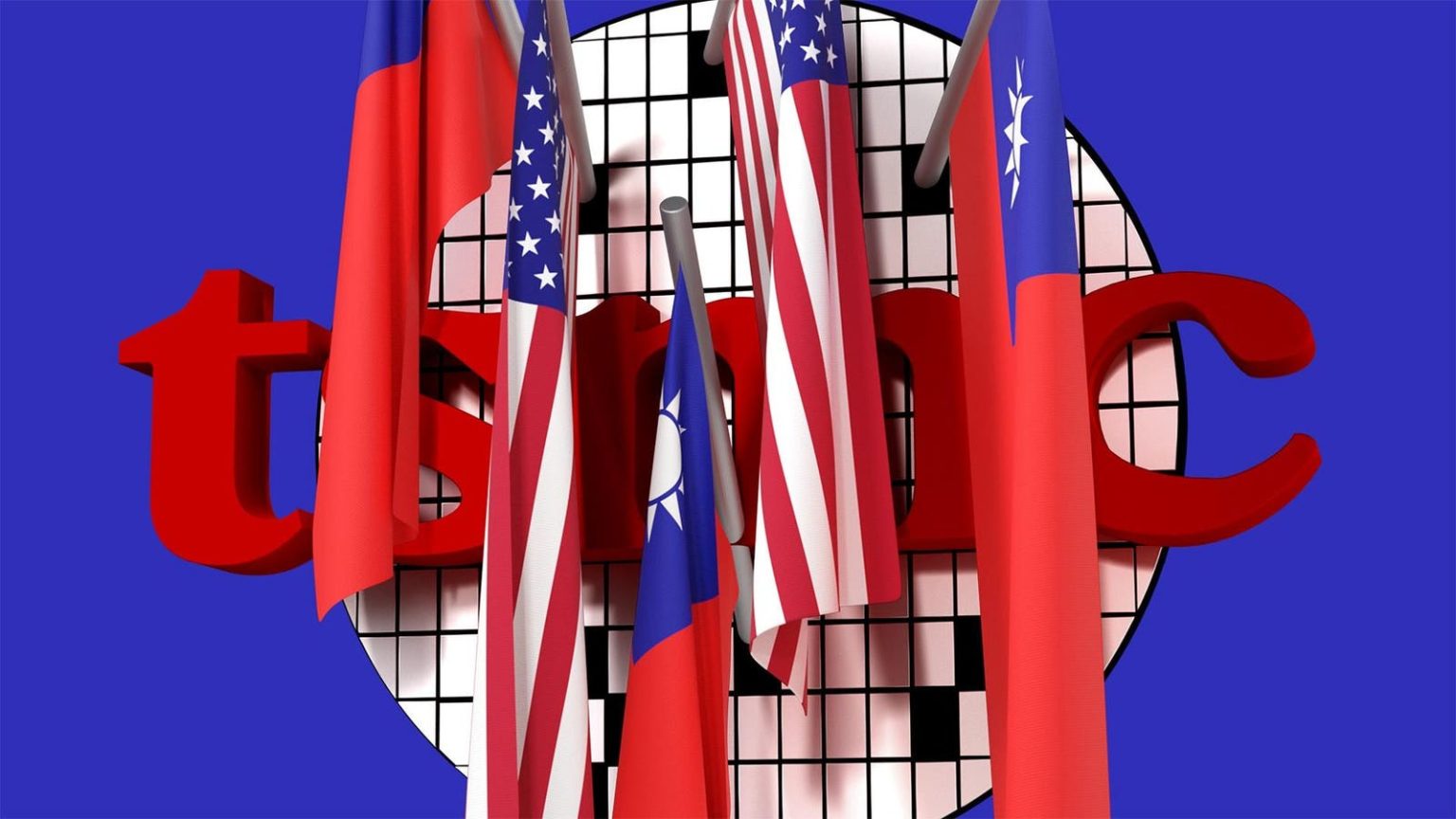Taiwan Semiconductor Manufacturing Company (TSMC) is facing a lawsuit from a group of current and former U.S. employees who claim that the company is engaging in discriminatory practices that favor Taiwanese workers over American workers. The group alleges that TSMC’s parent corporation has implemented a “discriminatory scheme” that encourages its U.S.-based subsidiaries to prioritize Taiwanese hires, despite violating U.S. discrimination laws. The lawsuit, which was filed by current talent acquisition executive Deborah Howington and twelve former staff members, accuses TSMC of favoring Taiwanese candidates for job assignments and performance reviews.
TSMC, which is the world’s largest chipmaker, announced a $65 billion plan to bring three semiconductor “fabs” to Phoenix, Arizona, with the goal of creating thousands of U.S. jobs in the trillion-dollar industry. The company has received significant federal funding and loans to support this project, but its American expansion has been met with criticism over its reliance on Taiwanese workers. Last year, more than half of TSMC’s Arizona workforce was made up of employees from Taiwan, leading to tensions between U.S. and Taiwanese staff members over differences in professional norms.
The lawsuit alleges that TSMC’s hiring and promotion practices favor employees who can speak Mandarin Chinese, leading to communication barriers for English-speaking workers. The plaintiffs claim that meetings and business materials are often in Mandarin, making it difficult for non-Mandarin speakers to perform their jobs effectively. Additionally, Taiwanese employees on visas are reportedly given better performance reviews and job assignments, as the company seeks to maximize its return on investment. TSMC has not yet issued a response to the allegations and declined to comment on the ongoing litigation.
The use of foreign workers, particularly through visa programs like the H-1B visa, is a contentious issue in the U.S. tech industry. TSMC’s operations in north Phoenix have spurred development in the area, with plans for a $7 billion construction project and new housing developments to accommodate the growing population. Local organizations have stepped in to support the Taiwanese immigrant community, offering English-language classes, housing assistance, and healthcare services at a wellness center exclusively available to Taiwanese employees. One plaintiff claimed that the company employed a Taiwanese doctor who was not licensed to practice medicine in the U.S.
Despite the controversy surrounding its hiring practices, TSMC’s Phoenix factory has begun test production and is on track to start manufacturing chips early next year. The company maintains that it values a diverse workforce and provides equal employment opportunities regardless of race, nationality, or other factors. The lawsuit against TSMC raises concerns about discrimination in the workplace and highlights the challenges faced by American workers in an industry dominated by foreign talent. The outcome of the legal proceedings could have far-reaching implications for TSMC’s operations in the U.S. and its reputation in the global tech industry.













